 Alive Studios is introducing the Mac version of its Augmented Reality early literacy software program at the ISTE Expo in Philadelphia, PA. This product release is expected to be welcomed by School Districts who use Mac Technologies exclusively.
Alive Studios is introducing the Mac version of its Augmented Reality early literacy software program at the ISTE Expo in Philadelphia, PA. This product release is expected to be welcomed by School Districts who use Mac Technologies exclusively.
Letters alive, a supplementary reading software program for 3-8 year olds, will be available for Mac users with OS 10.6 or better. This program includes the world’s first full-year curriculum ever written for early education using Augmented Reality. “Early learners will be taught letters, words, and sentences while being fully engaged by the mind-blowing visual effects of Augmented Reality,” stated Janice Sinclair, Principal at Gerard Prep School and user of the software. Letters alive has 26 animated animals representing the letters of the alphabet that come to life with amazing 3D effects and help students through all the learning activities.
With Apple’s recent purchase of Metaio, a German company making Augmented Reality software, all eyes are on what Apple’s next moves will be. The possibilities are limitless. Augmented Reality technology is already successfully being utilized in the medical, aviation, and entertainment industries. However, Letters alive is one of a small handful of products that has launched in the early education space.
“The PC version of Letters alive has been available for over three years and is currently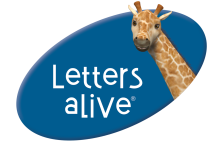 being used in more than 1,000 classrooms around the world. Its low cost and ease of use has made it very popular among schools looking to use technology to fight early literacy problems,” stated Cynthia B. Kaye, CEO (and Chief Zoo Keeper) of Alive Studios. Independent research has proven the effectiveness of using Augmented Reality in an educational program. Kids who were taught with Letters alive realized a 48% increase in letter naming fluency and a 112% increase in letter sound fluency over students not using the Augmented Reality software. More successful results will be released this July from another study using Letters alive with At Risk students.
being used in more than 1,000 classrooms around the world. Its low cost and ease of use has made it very popular among schools looking to use technology to fight early literacy problems,” stated Cynthia B. Kaye, CEO (and Chief Zoo Keeper) of Alive Studios. Independent research has proven the effectiveness of using Augmented Reality in an educational program. Kids who were taught with Letters alive realized a 48% increase in letter naming fluency and a 112% increase in letter sound fluency over students not using the Augmented Reality software. More successful results will be released this July from another study using Letters alive with At Risk students.
The release of Letters alive for Mac at the ISTE Expo on June 28 is sure to draw favorable attention with several school districts around the country using Macintosh computers exclusively. “Until now, their younger grades have not had an opportunity to experience Augmented Reality in their literacy programs,“ added Kaye. Alive Studios, the developer of Letters alive, also introduced Math alive earlier this year for PC’s and Mac’s. Math alive is a game-based supplemental math program for 3-8 year olds that features Metaio’s Augmented Reality technology along with 45 skill-based games that provide instant feedback to students.
Product Availability
Alive Studios will begin shipping the Mac version of Letters alive in July 2015. The products are the first of their kind within a full-year curriculum utilizing Augmented Reality for early learners.
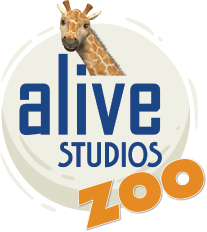





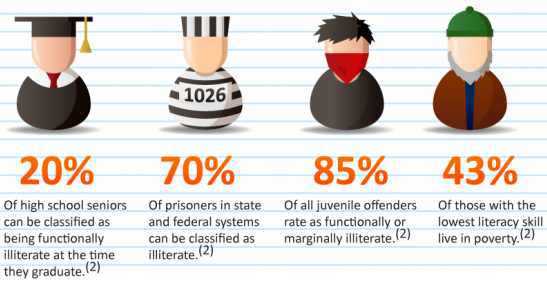
 It’s hard to solve any issue without finding, defining, and exposing the root of the problem. Teachers commonly cite student engagement as a major contributor to not learning and not retaining the presented information. In their personal lives, today’s children are exposed to so many neurological stimulants in an average day that a typical classroom curriculum simply doesn’t hold their attention. Therefore with low engagement, learning is hindered and retention of information is minimal. Studies show that the average attention span is now around eight seconds – and that is for adults.
It’s hard to solve any issue without finding, defining, and exposing the root of the problem. Teachers commonly cite student engagement as a major contributor to not learning and not retaining the presented information. In their personal lives, today’s children are exposed to so many neurological stimulants in an average day that a typical classroom curriculum simply doesn’t hold their attention. Therefore with low engagement, learning is hindered and retention of information is minimal. Studies show that the average attention span is now around eight seconds – and that is for adults.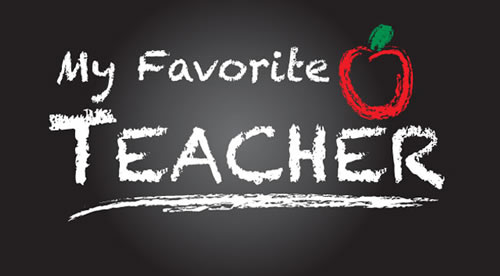
 Now, considering it’s been over twenty years since I’ve had a teacher, it took me a minute to think. But even after chewing on it for a bit, I realized not only did I not have a particularly favorite teacher, I barely had any memorable teachers at all. Thinking through my 17 years of schooling, I could only recall about six teachers by name even though I’ve had well over 50. I remembered them because they were creepy, crazy, or creative… not necessarily because they were favorites.
Now, considering it’s been over twenty years since I’ve had a teacher, it took me a minute to think. But even after chewing on it for a bit, I realized not only did I not have a particularly favorite teacher, I barely had any memorable teachers at all. Thinking through my 17 years of schooling, I could only recall about six teachers by name even though I’ve had well over 50. I remembered them because they were creepy, crazy, or creative… not necessarily because they were favorites. Who was your favorite teacher? Why were they special to you? Think about this and make these next few days/weeks count for each of your students. Leave a beautiful mark. Tell each of them how special they are and that you believe in them. You may be the only person to ever tell them this.
Who was your favorite teacher? Why were they special to you? Think about this and make these next few days/weeks count for each of your students. Leave a beautiful mark. Tell each of them how special they are and that you believe in them. You may be the only person to ever tell them this.

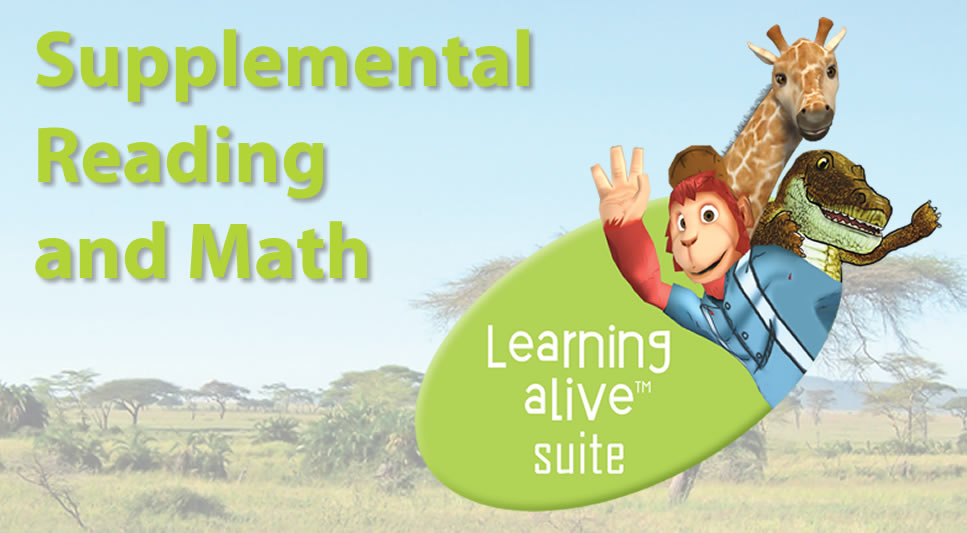
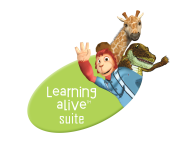 Alive Studios announces the release of
Alive Studios announces the release of 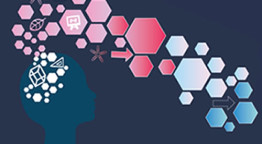
 Early childhood educators attending the National Title 1 Conference in Salt Lake City this week will be treated to a hands-on experience of the latest in 3D augmented reality (AR) curriculum.
Early childhood educators attending the National Title 1 Conference in Salt Lake City this week will be treated to a hands-on experience of the latest in 3D augmented reality (AR) curriculum.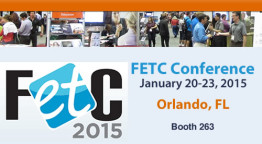
 Our next stop on the trade show circuit was the FETC Convention in sunny Orlando, Florida. What a treat to have 60+ degree weather in January!
Our next stop on the trade show circuit was the FETC Convention in sunny Orlando, Florida. What a treat to have 60+ degree weather in January!
 We are on a mission to get children proficient in reading and math by the third grade, and FETC was another great stop on the crusade.
We are on a mission to get children proficient in reading and math by the third grade, and FETC was another great stop on the crusade.

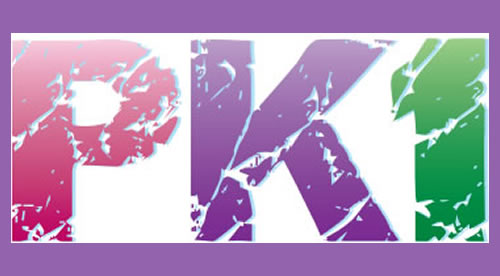

 of the Learning alive Suite, our Supplemental Reading and Math Software Solution for PreK to 3rd Grade (valued at $1,295).
of the Learning alive Suite, our Supplemental Reading and Math Software Solution for PreK to 3rd Grade (valued at $1,295). 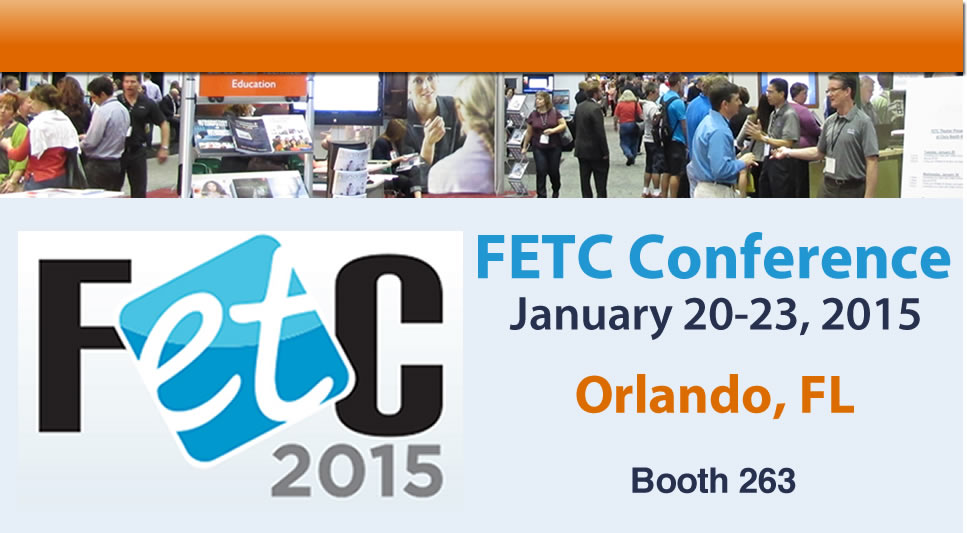

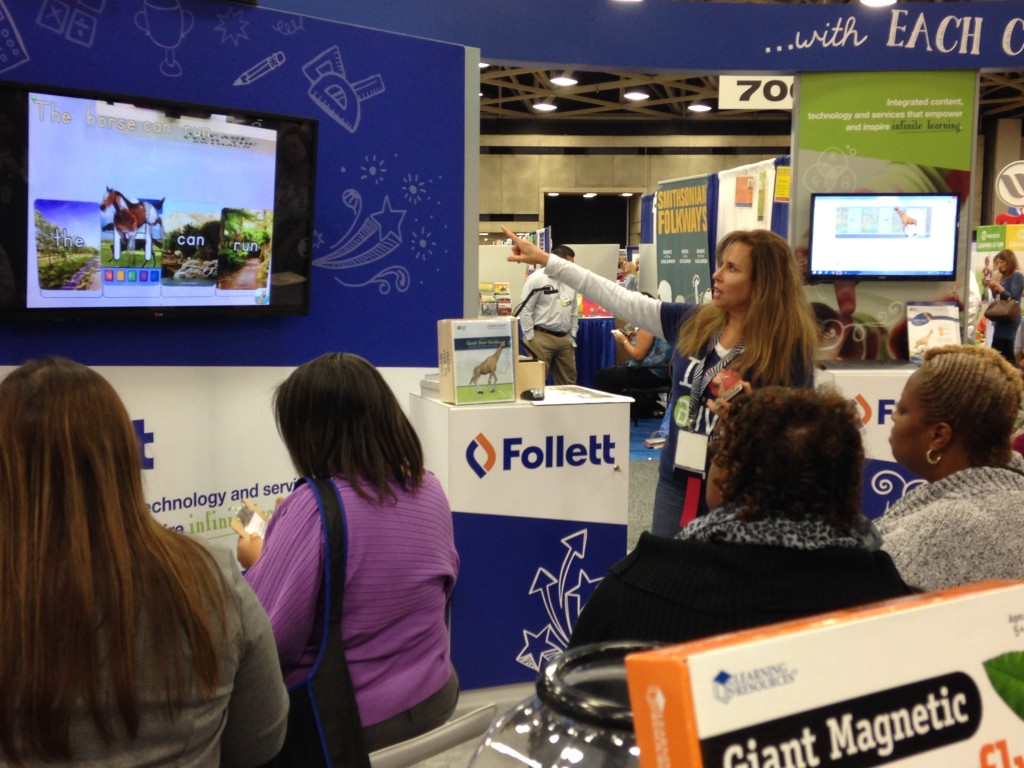 just tell you guys how much fun we had at NAEYC’s Annual Conference! It was so awesome. We got to see and meet so many dedicated educators, it was truly inspiring. For all in attendance we hope you guys were able to get to Follett’s booth and see Letters Alive in action. We offered TWO Letters alive giveaways while there and had a phenomenal turnout for both giveaways.
just tell you guys how much fun we had at NAEYC’s Annual Conference! It was so awesome. We got to see and meet so many dedicated educators, it was truly inspiring. For all in attendance we hope you guys were able to get to Follett’s booth and see Letters Alive in action. We offered TWO Letters alive giveaways while there and had a phenomenal turnout for both giveaways.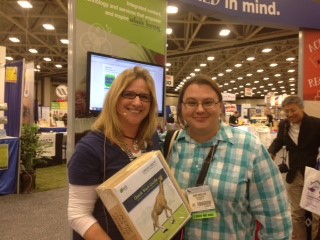 Ms. Moeller in previous years applied through
Ms. Moeller in previous years applied through  The average teacher spends up to $1,000 of their own money on supplies for students every year. Adopt A Classroom allows crowdfunders to partner with a teacher to ensure students have what they need to succeed. Here’s how it works:
The average teacher spends up to $1,000 of their own money on supplies for students every year. Adopt A Classroom allows crowdfunders to partner with a teacher to ensure students have what they need to succeed. Here’s how it works:


 Kickstarter and IndieGoGo are the two most popular crowdfunding sites on the internet, however, none focus specifically on education. We’ve heard mixed reviews from teachers using these tools and the one thing they all have in common is this: both crowdfunding tools draw far more out-of-network (possible donors who you did not invite, who found you because they were searching for similar projects or stumbled across you on the home page) traffic than education-specific pages. The main difference between the two? IndieGoGo allows you to capture funds from projects that do not make their total fundraising goal, while Kickstarter will only release a fully-funded project.
Kickstarter and IndieGoGo are the two most popular crowdfunding sites on the internet, however, none focus specifically on education. We’ve heard mixed reviews from teachers using these tools and the one thing they all have in common is this: both crowdfunding tools draw far more out-of-network (possible donors who you did not invite, who found you because they were searching for similar projects or stumbled across you on the home page) traffic than education-specific pages. The main difference between the two? IndieGoGo allows you to capture funds from projects that do not make their total fundraising goal, while Kickstarter will only release a fully-funded project.
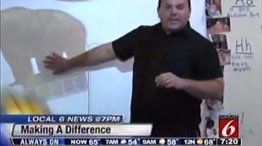


 Sharon Campbell recently retired from an illustrious teaching career of over 30 years. Her teaching story stretches from Napa County Juvenile Offender programs, to alternative high school, to Youth Employment programs, and on to her last stretch of 23 years was as a Middle School teacher. Winner of several A+ for Education grants, she is best known for designing classrooms that meet the needs of today’s students. Her spacecraft (classroom) was used as the model for Project Based Education at the Global Educator’s conference in London, and featured in the Taiwan Commonwealth Educators Journal. In 2009, she was named California School Master: the oldest most prestigious California education award.
Sharon Campbell recently retired from an illustrious teaching career of over 30 years. Her teaching story stretches from Napa County Juvenile Offender programs, to alternative high school, to Youth Employment programs, and on to her last stretch of 23 years was as a Middle School teacher. Winner of several A+ for Education grants, she is best known for designing classrooms that meet the needs of today’s students. Her spacecraft (classroom) was used as the model for Project Based Education at the Global Educator’s conference in London, and featured in the Taiwan Commonwealth Educators Journal. In 2009, she was named California School Master: the oldest most prestigious California education award.


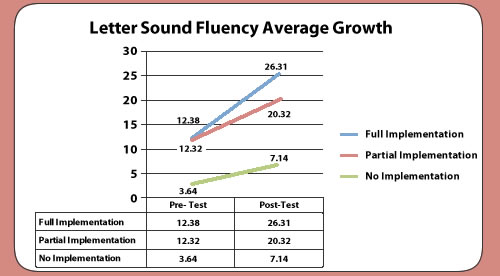

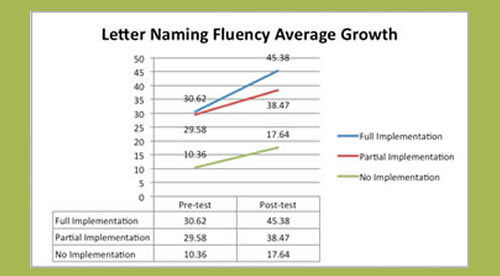



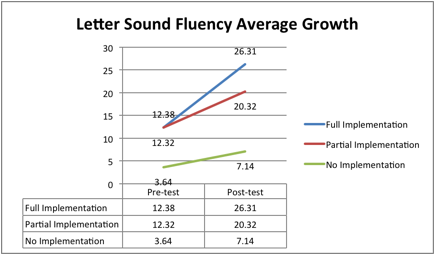 “The scores from the AIMSweb® Letter Naming and Letter Sound Fluency Assessments (the quantitative data from this study) suggest that the Letters alive® curriculum positively impacts students’ early literacy skills. 100% of students in the full implementation classroom experienced gains on the Letter Naming Fluency Assessment, while 84.2% of students in the partial implementation classroom experienced gains on that assessment, followed by only 78.6% of students in the classroom with no exposure who experienced gains on the Letter Naming Fluency test. Additionally, 100% of students in the full implementation classroom and the partial implementation classroom experienced gains on the Letter Sound Fluency Assessment, while only 64.3% of students in the classroom with no exposure experienced gains.”
“The scores from the AIMSweb® Letter Naming and Letter Sound Fluency Assessments (the quantitative data from this study) suggest that the Letters alive® curriculum positively impacts students’ early literacy skills. 100% of students in the full implementation classroom experienced gains on the Letter Naming Fluency Assessment, while 84.2% of students in the partial implementation classroom experienced gains on that assessment, followed by only 78.6% of students in the classroom with no exposure who experienced gains on the Letter Naming Fluency test. Additionally, 100% of students in the full implementation classroom and the partial implementation classroom experienced gains on the Letter Sound Fluency Assessment, while only 64.3% of students in the classroom with no exposure experienced gains.” The most common reason teachers believed the Letters alive curriculum had been so effective was its power to engage even those students with the most notable attention difficulties. One pre-K teacher even admitted that it was nearly impossible to use the augmented reality features of Letters alive with a single student without catching the attention of the entire classroom.
The most common reason teachers believed the Letters alive curriculum had been so effective was its power to engage even those students with the most notable attention difficulties. One pre-K teacher even admitted that it was nearly impossible to use the augmented reality features of Letters alive with a single student without catching the attention of the entire classroom.